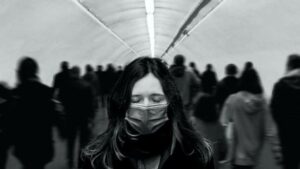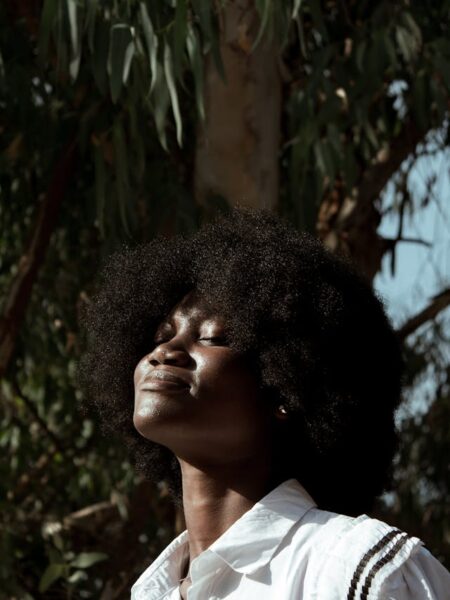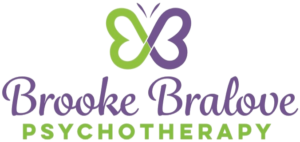
4963 Elm Street, Suite 100 Bethesda, MD 20814 | 202.256.4646
NOW LICENSED IN DC, MARYLAND, & VIRGINIA
4963 Elm Street, Suite 100 Bethesda, MD 20814 | 202.256.4646
NOW LICENSED IN DC, MARYLAND, & VIRGINIA

Do you feel misunderstood or undervalued as a person of color? Do depressive or anxious thoughts keep you from realizing your potential? Maybe you’re working so hard lately to be successful but struggling to find balance in your home life. Or it’s possible that your relationships are strained, and you don’t know where you can catch a break.
You might not be in the habit of putting your needs first, but BIPOC therapy can help you find a joyful balance again.
The issues you experience might include a wide array of emotional, physical, social, and relational challenges. Emotionally, you may have feelings of sadness, depression, burnout, irritability, anger, and resentment. You may be a perfectionist who struggles to slow down and relax enough to enjoy time with family and friends.
Physically, you may experience fatigue, chronic pain, headaches, GI issues, jaw pain, and other discomfort throughout your body. Socially, you may struggle with anxiety and dread talking to others, causing you to avoid social or family functions. Relationally, you may have increased conflicts at home and at work, marital problems, and avoid dating or forming romantic partnerships.
You probably think that no one can understand you. Therapy for people of color at our practice can be an opportunity to share your story without judgment, learn about yourself and your unique needs, help you set boundaries, and recognize your value.

Nearly a third of adults in the US report issues with anxiety and depression. (1) Unfortunately, BIPOC individuals seek therapy at a much lower rate than their white counterparts. There are a few reasons why this persists: BIPOC individuals often encounter stigma when it comes to mental health, and due to the prohibitive cost of healthcare in the US, there tends to be a lack of access in black and brown communities. Finding a culturally competent POC therapist can be a challenge, and in our society as a whole, systemic oppression can breed mistrust in healthcare providers.
The historical dehumanization, oppression, and violence against Black and African American people have contributed to anxiety and depression amongst BIPOC individuals, yet therapy is not often readily available. Modern challenges such as increased isolation from the pandemic, and a growing political and racial divide contribute to feelings of uncertainty, loneliness, and grief.
Unfortunately, the realities for BIPOC communities—including but not limited to police brutality, racial injustice, substance abuse problems, and financial stress can lead to mental health challenges. This heavy burden can exacerbate underlying mental health issues that can be triggered by additional stress.
For generations, it seems, the rule of thumb for BIPOC families has been “what happens in this house stays in this house.” This has led to hiding depression, anxiety, addiction, physical and emotional abuse, neglect, etc. Yet, mental health struggles do not indicate individual weakness or failure—rather, they are understandable challenges that often need professional intervention. Through therapy for POC at Brooke Bralove Psychotherapy, you can experience support and safety in counseling that will help you overcome these difficulties.
Working with our POC therapist will allow you the safe space to explore the barriers that hold you back from living your most fulfilled life. We understand the expectation that black and brown individuals must always be strong and stoic no matter what. This “strong black woman” schema often leads to injurious health consequences, psychological distress, and other negative outcomes. Our therapist will assist you with your healing journey as you process past trauma, cope with life’s current challenges, find true joy within, and cultivate relationships based on mutual trust and love, rather than on sacrifice or resentment.

One of the main aspects of ongoing POC counseling is the development of trust between our clients and us. The relationship is important because you need to feel safe and supported to share your story and your struggles.
The therapeutic process begins with a clinical assessment to learn more about your family of origin, the history of what led you to therapy, the social and familial connections you have in place, and the current coping skills you utilize. Our BIPOC therapist will then work collaboratively with you to identify your goals and the best path to reach them. You will explore troubling emotions, thoughts, and behaviors, as well as the quality of your relationships. You’ll get the chance to identify your strengths, learn problem-solving approaches, and acquire tailored coping strategies. Your work and results will be comprehensive and long-lasting.
Our practice utilizes evidence-based treatment modalities for BIPOC therapy.
With these approaches, you’ll get the chance to learn emotional regulation strategies and anger management skills, gaining an awareness that can help identify and challenge distorted thoughts and belief systems. Through counseling, you can learn how adverse childhood experiences and relationship patterns have developed from childhood through today. You’ll learn communication skills that can promote vulnerability in your relationships and deeper connections. You can learn how to rest and play instead of getting swept up in success and perfectionism.
At Brooke Bralove Psychotherapy, with support and guidance from our therapist of color, you can challenge the limiting beliefs that hold you back, heal from trauma, align with your higher purpose in life, and tap into your unique gifts to share with the world. With the safe space we provide, you don’t need to continue to wear the mask of “Everything’s OK,” and you can allow yourself to truly be seen.

Asking for help is actually a sign of incredible strength. Think of it this way: when you need financial help, you hire an accountant, and when you need help getting in shape, you hire a personal trainer. So why don’t you hire a trained expert when it comes to mental health struggles? For far too long, Black women have typically been rewarded and praised for their strength. But you’re a human being just like everyone else, and it’s ok not to know all the answers. Reach out and know that it’s never a weakness to admit that you need help.
Although Brooke Bralove Psychotherapy doesn’t accept insurance, we are considered an out-of-network provider, and many insurances can provide partial reimbursement depending on your specific plan. We will provide you with a billing statement with all necessary codes so you can easily submit it to your health insurance company.
If you have trouble opening up and don’t think talk therapy is right for you, then you may want to try a shorter form of treatment that requires minimal talking such as Accelerated Resolution Therapy (ART). In only 1-5 sessions, you can receive lasting relief from PTSD, trauma, depression, anxiety, and more. For more information, visit our ART page.
In addition to ART, there are also other strategies to help you manage distressing thoughts and feelings that don’t take months of talking to create change.

1.https://www.kff.org/mental-health/press-release/latest-federal-data-show-that-young-people-are-more-likely-than-older-adults-to-be-experiencing-symptoms-of-anxiety-or-depression/#:~:text=The%20analysis%20of%20the%20Census,a%20third%20of%20adults%20overall.
